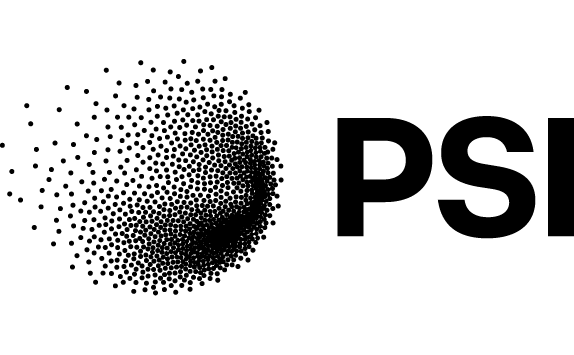
Thursday, October 16, 2025, 16:00
WHGA Auditorium
Daniel Comparat, LAC, CNRS, Université Paris Saclay
Abstract:
The quest to extend our understanding of the universe's fundamental
constituents frequently compels us to push the boundaries of measurement
precision. Atomic physics, with its exquisite control over quantum
states, offers a fertile ground for testing the predictions of the
Standard Model (SM) and exploring new physics. This talk will focus on
the measurement of the electron electric dipole moment (EDM) using atoms
embedded in cryogenic solid matrices — a pivotal technique at the frontier
of this scientific endeavor part of a broader context that includes
searching for new particles like dark matter and testing symmetries
(Lorentz and CPT) using the Standard Model Extension framework.
EDMs, i.e. electric dipole moments of electrons, neutrons or nuclei are sensitive probes for new physics beyond the Standard Model of particle physics. In the present project, we propose to measure the electron EDM using atoms embedded in a cryogenic solid matrix. Matrices offer unprecedented sample sizes while maintaining characteristics of an atomic physics experiment, such as the possibility of manipulation by lasers. An EDM experiment on molecules in inert gas matrices has the potential to reach a statistical sensitivity of the order of 10-36 e·cm; a value beyond that of any other proposed technique.
We will present the EDMMA (Towards an Electric Dipole Moment with atoms and molecules in Matrix) project, that is a collaboration between experimental (LAC, ISMO, LPL) and theoretical (CIMAP) groups. We will present our first experimental and theoretical investigation of the spectroscopy of dilute cesium (Cs) atoms in a solid argon (Ar) matrix at cryogenic temperatures.
This will set the ground for further studies of systematic effects
affecting EDM measurements.